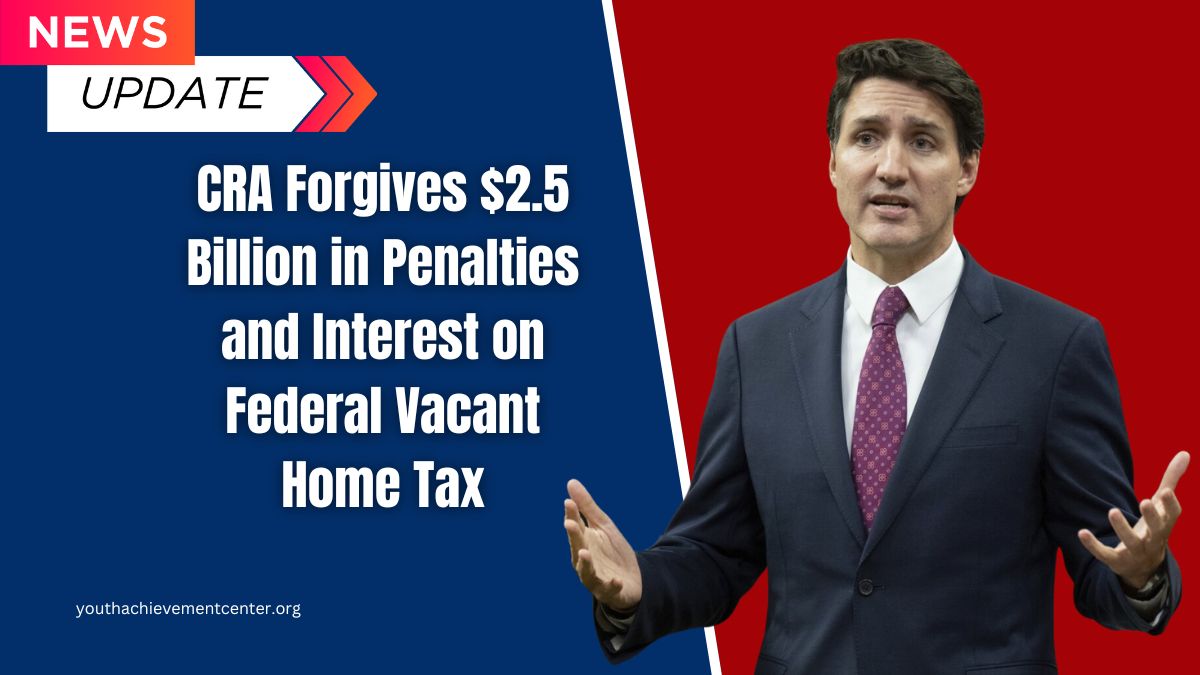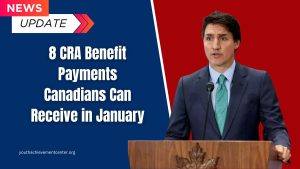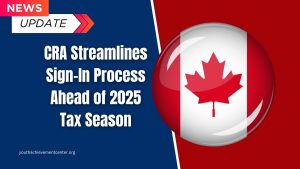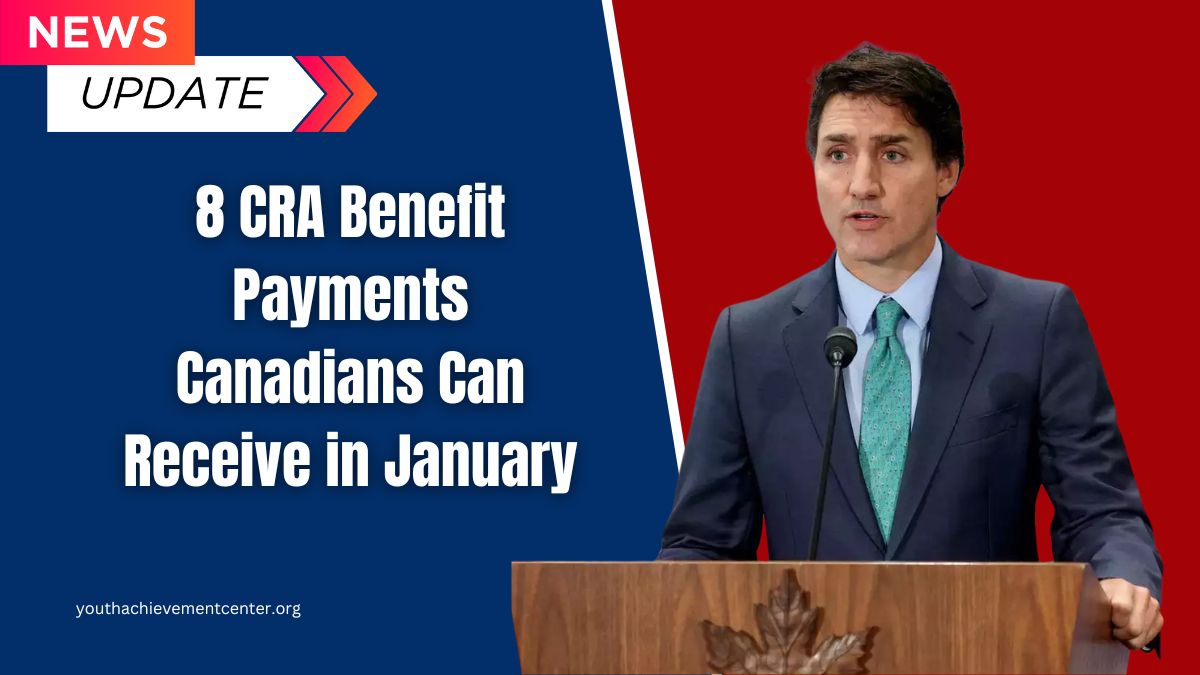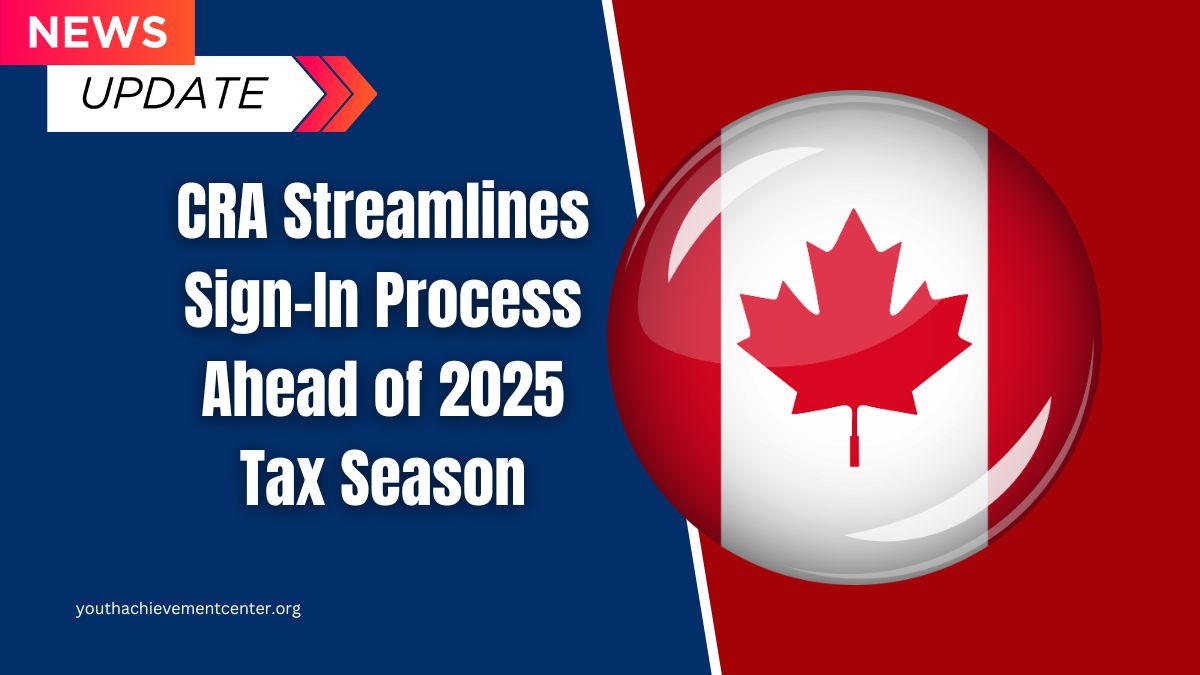The Canada Revenue Agency (CRA) has recently waived an astounding $2.5 billion in penalties and interest on the Underused Housing Tax (UHT), shedding light on the tax’s impact and administrative challenges. This figure, far surpassing the $49 million in revenue collected from the tax in fiscal 2023-24, has sparked widespread discussions about the complexities and consequences of this levy.
What is the Underused Housing Tax (UHT)?
Introduced in 2022, the UHT imposes a 1% annual tax on vacant or underused residential properties owned by foreign nationals. The aim was twofold:
- To deter foreign ownership of underused properties.
- To generate funds for housing initiatives in Canada.
However, the initial design of the tax led to confusion, causing many Canadians to be unintentionally caught in its reporting requirements.
Why Was $2.5 Billion Waived?
The waived amount, reflecting interest and penalties for the 2022 tax year, highlights the significant confusion surrounding the tax. The CRA issued more than 531,000 waivers, averaging approximately $4,600 per waiver.
The waivers primarily addressed late filings caused by unclear rules. Canadians and corporations who inadvertently fell under the tax’s reporting requirements, despite not owing any UHT, were penalized heavily under the original framework.
Key Figures on UHT and Waivers
| Category | Details |
|---|---|
| Total Waived Penalties & Interest | $2.5 billion |
| Average Waiver Amount | $4,600 |
| Total Waivers Issued | 531,000 |
| Revenue Collected (2023-24) | $49 million |
| Implementation Costs | $59 million (2022-2024) |
| Advertising Costs | $900,000 |
Initial Issues with UHT Implementation
Complex Reporting Requirements
The UHT required certain Canadians, including those owning homes through trusts or partnerships, to file tax returns simply to claim exemptions.
- Bare Trusts: Parents co-signing mortgages for their children were considered part of a bare trust.
- Partnerships: Couples jointly owning properties were deemed partnerships, subjecting them to reporting obligations.
Steep Penalties
Non-compliance initially carried penalties starting at $5,000 for individuals and $10,000 for corporations. These were later reduced to $1,000 and $2,000 respectively.
Relief Measures from CRA
The CRA took several steps to mitigate the challenges faced by taxpayers:
- Extended Deadlines: The deadline for filing 2022 UHT returns was extended twice—from April 30, 2023, to October 31, 2023, and finally to April 30, 2024.
- Waivers Issued: Interest and penalties were waived for returns filed by the final extended deadline.
Revenue vs. Administrative Costs
The waived penalties of $2.5 billion dwarf the $49 million revenue generated in 2023-24, raising questions about the tax’s efficiency. Additionally, implementation and administrative costs totaled $59 million, along with $900,000 spent on public awareness campaigns.
Impact on Canadians and Foreign Owners
While the tax aimed to target foreign property owners, the high number of waivers suggests a substantial impact on Canadian taxpayers as well. This highlights the complexity of the UHT’s design and the need for clearer communication.
Future of the UHT
To simplify compliance and reduce administrative burdens, the CRA has revised the UHT rules for Canadian homeowners and corporations starting from the 2023 tax year. However, the controversy over its implementation and effectiveness remains a topic of debate.
The CRA’s decision to waive $2.5 billion in penalties underscores the administrative challenges and unintended consequences of the UHT. While the tax aims to address housing shortages, its initial implementation revealed significant gaps in design and communication. Moving forward, revised rules and clearer guidelines aim to ensure a fairer and more efficient process for taxpayers.
FAQs
What is the Underused Housing Tax (UHT)?
The UHT is a 1% annual tax on vacant or underused residential properties owned by foreign nationals, introduced to boost housing availability in Canada.
Why did the CRA waive $2.5 billion in penalties?
The penalties were waived due to widespread confusion and unintentional non-compliance by Canadian taxpayers who were mistakenly subjected to the tax’s complex reporting requirements.
How much revenue did the UHT generate in 2023-24?
The UHT generated $49 million in revenue during the 2023-24 fiscal year.

